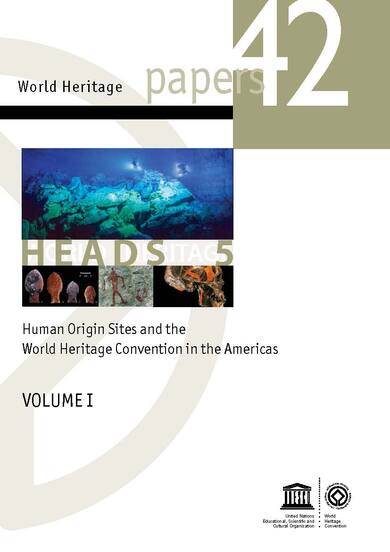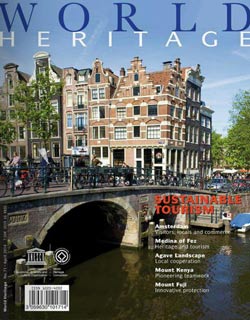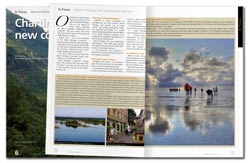The Americas were the last continents to be colonized, very recently in the two-million-year long history of humankind and were the culmination of a long progression of expansion by Homo sapiens from Africa. However, the process of the peopling of the Americas, while key in the history of humankind, is an area that lacks due recognition. There is comparatively little research on this topic and there is a great need for further investigation to understand the vital role of this process for our human species.
The last twenty years have brought about new scientific discoveries and an improved understanding of the peopling of the Americas, how they were first inhabited, how the populations survived and how their evolution led to them colonizing the continents. Much still remains to be researched and learnt.
The places related to the origins of humanity in the Americas are underrepresented on the World Heritage List and the importance of ensuring the future recognition, conservation and research of sites related to the process of human evolution, adaptation, dispersal and social development in the continents has never been –more pertinent. The lack of acknowledgment of these sites represents a challenge for the Americas. This publication therefore brings together the best experts in the field, to highlight this crucial process of human history, present its strengths and weaknesses and to establish the need for more scientific research, methodological innovation and improved collaboration on a national, regional and international level.
I encourage different institutions and research centres in this field to continue to address this topic for the benefit of future generations.
Mechtild Rössler
Director of the UNESCO World Heritage Centre







